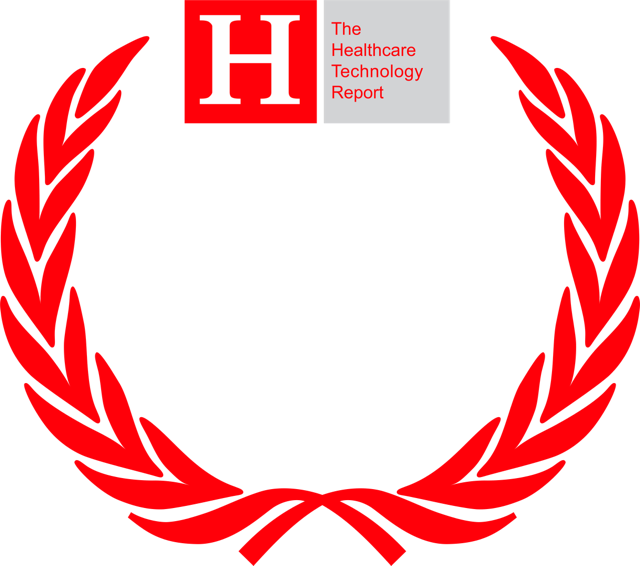Study Questions:
What is the proportion of patients with atrial fibrillation (AF) who also have undiagnosed sleep apnea, and what is the adherence to sleep apnea therapies?
Methods:
A total of 188 patients with AF without a prior diagnosis of sleep apnea who were scheduled to undergo AF ablation underwent home sleep apnea testing, completed a sleep apnea screening questionnaire STOP-BANG (Snoring; Tiredness, Fatigue, or Sleepiness During the Daytime; Observation of Apnea and/or Choking During Sleep; Hypertension; Body Mass Index >35 kg/m2; Age >50 Years; Neck Circumference >40 cm; and Male Sex), and were followed for ≥2 years.
Results:
Home sleep apnea test was positive in 82% of patients; among those, 82% had a predominant obstructive component and 18% had mixed sleep apnea with a 15% central component. Sleep apnea severity was mild in 44%, moderate in 33%, and severe in 23%. The sensitivity and specificity of a STOP-BANG questionnaire were 81% and 42%, respectively. In a multivariate analysis, STOP-BANG was not predictive for sleep apnea (p = 0.31). Therapy with continuous positive airway pressure ventilators was initiated in 86% of patients with moderate or severe sleep apnea, and among those, 93% of patients remained complaint after a mean follow-up period of 21 months.
Conclusions:
Sleep apnea is highly prevalent in patients with AF who are referred for ablation, and a large proportion of them were undiagnosed due to the limited predictive value of sleep apnea symptoms. There was a high rate of long-term continuous positive airway pressure adherence.
Perspective:
Obstructive sleep apnea is a modifiable risk factor for recurrence of AF after cardioversion, on antiarrhythmic drug treatment, and after ablation. According to the 2020 European Society of Cardiology guidelines for AF management, treatment for obstructive sleep apnea should be optimized to reduce AF recurrences and improve AF treatment results. The present study suggests that in the AF patient population being considered for ablation, “low-tech” screening tools, such as the widely used sleep apnea questionnaire STOP-BANG, were not effective in discriminating patients with and without the condition. The authors, however, demonstrated that a home test showed an exceedingly high prevalence of sleep apnea, and that patients with newly diagnosed sleep apnea had high compliance rates with continuous positive airway pressure treatment. The findings of this study, if confirmed, suggest that physicians should recommend a sleep apnea test to large majorities of patients with AF, although it remains unclear which patients definitely would not benefit from the test.
